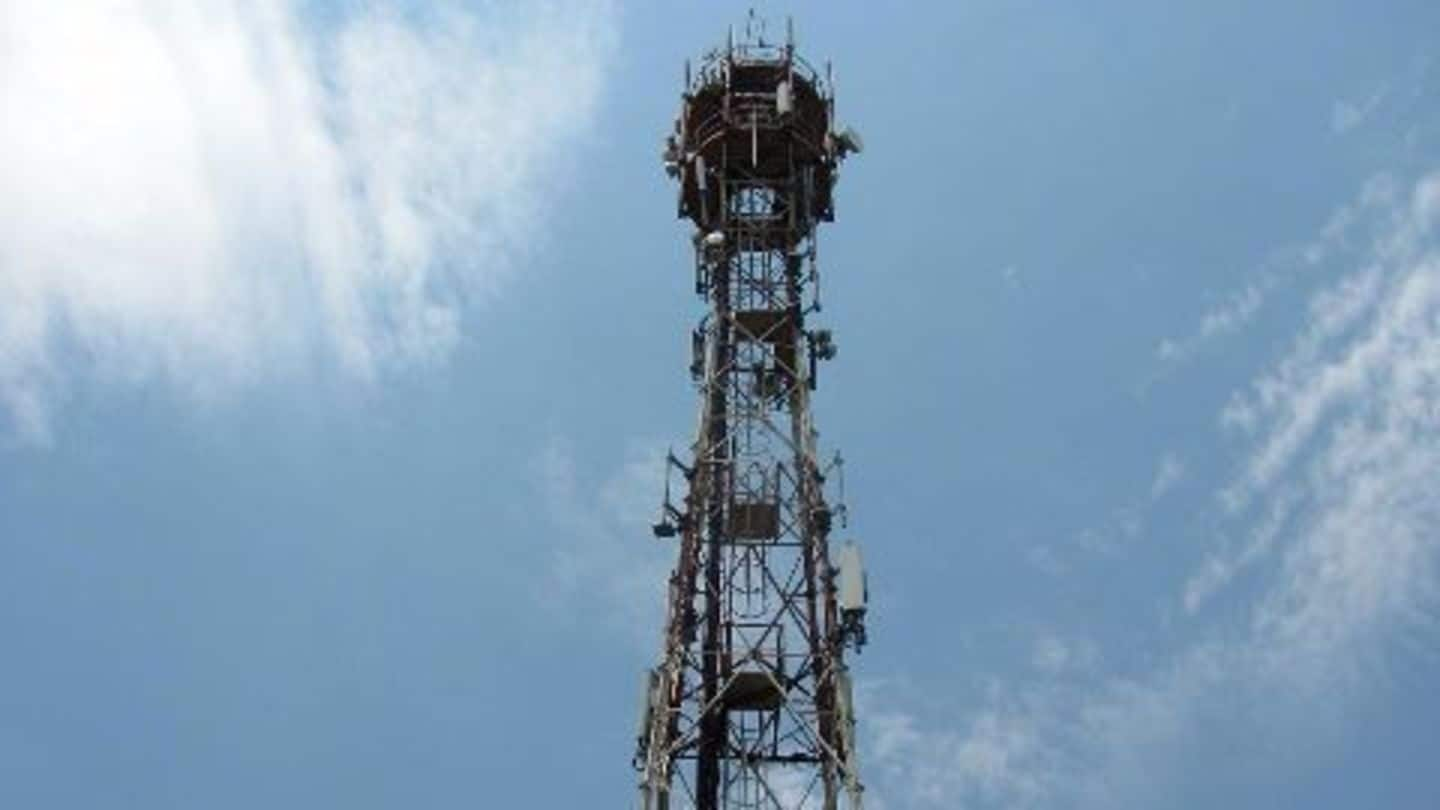
Cabinet gives a thumbs-up to spectrum trading
What's the story
The Cabinet approved the spectrum trading guidelines which will allow telecom operators to sell radiowaves to other service providers. This move is expected to cater to the predicament of spectrum shortage. Prior to this, only the government was authorized to designate spectrum to telecom companies through auctions. This move will help the companies use unutilised spectrum and trade in radiowaves.
28 Jan 2014
TRAI makes way for spectrum sharing
The Telecom Regulatory Authority of India ratified the spectrum trading guidelines enabling mobile operators to purchase and market airwaves. According to these guidelines proposed by TRAI, a transaction fee on spectrum being exchanged between telecom companies will be collected by the government. The proposed transaction fee was pegged at 1% of the amount of transaction. The spectrum traded will also have a lock-in period.
Information
What is spectrum trading?
Spectrum trading is expected to be a game changer "as it will allow operators to buy and sell airwaves according to their needs." For example, a company with higher subscribers will have the option to buy additional spectrum from another operator.
21 Aug 2015
Spectrum sharing here for good: India Ratings report
According to the India Ratings research report, spectrum sharing will facilitate big telecom companies better network congestion. Small players too will gain from it by providing advanced mobile technologies like 3G and 4G. India Ratings termed spectrum sharing as "economically viable for both large and small players." However, the report also said that disallowing the spectrum leasing would adversely affect the small players.
10 Aug 2015
Telcos cry foul over 13% fee by government
The Cellular Operators Association of India (COAI) and the Association of Unified Telecom Service Providers of India addressed their concerns to PMO, finance ministry and the telecom department. They raised reservations over the proposal for the charge of 13% when a firm trades spectrum. The telecom companies claimed that this charge would amount to 'double taxation' and was unfair on them.
6 Sep 2015
Government rejects fee exemption for spectrum sharing
The government rejected the telecom service providers (TSPs) demand for fee exemption for trading of spectrum in future auctions. The telcos contended if exempted they could have saved the money, which could then have been invested in license procurement. The TSPs said that this would only increase their burden as 30% of their revenues already went to government as tax.
13 Aug 2015
Cabinet passes spectrum sharing guidelines
India passed the much-awaited spectrum sharing guidelines, which addressed the problem of mobile phone call drops and also revamp the application of radio frequency spectrum for telecom services. This all access spectrum including traded spectrum would be shared by both licensees which have the same band spectrum. This move was also integral to put a stop to spectrum hoarding.